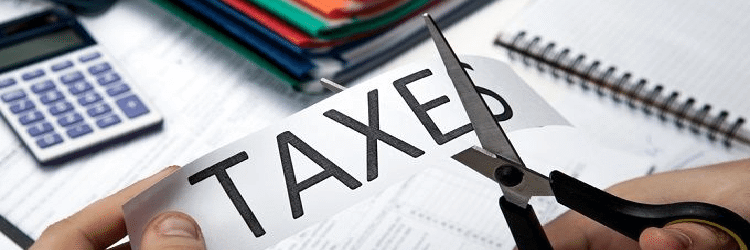
Tax implication on goods returned post GST
In many respects, the Goods and Services Tax (GST) is less a tax reform than a business reform. GST implementation will bring a host of new changes to the taxation regime, but it will also impact the way business is normally conducted. The way goods are returned to a seller will have tax implication.
With GST implementation around the corner, businesses must take stock of how returns could be impacted, especially during the transition phase. The following questions provide a useful framework for understanding the changes to come:
- What are the tax implications for goods sold prior to GST implementation date (let us call it ‘D-day’) but returned post D-day?
- What are the tax implications for goods returned from registered and unregistered dealers?
- What are the tax implications for returned goods that are exempt prior to D-day but taxable post D-day?
Basic conditions
Under the current VAT and excise tax regime, a deduction from total sales is allowed for goods returned within a prescribed time limit, ranging from three to six months. However, the extent to which input credit will be able to be claimed on the return of goods under GST is less straightforward. It will be impacted by the following:
- If the goods are sold/removed within 6 months prior to D-day
- If the goods are returned within 6 months from D-day
- If the proper officer can satisfactorily identify the goods
Tax implications of different scenarios
Possible scenarios for goods that are taxable both before and after D-day:
1 .Original buyer and original seller are both registered taxpayers:
- Goods returned by a registered taxpayer are treated as ‘Deemed Supply’ in the hands of the original buyer (now returning the goods).
- The original buyer levies GST on the Deemed Supply, and any tax previously borne by the buyer can be claimed as an input credit against the GST charged. The buyer is liable for the net amount, thus reducing losses.
- The original seller can now claim the GST as an input credit, thus eliminating losses.
2.Original buyer is an unregistered taxpayer; original seller is a registered taxpayer:
The original seller is eligible for a refund of taxes (if certain basic conditions are fulfilled) for duty paid on goods returned by an unregistered taxpayer.
3.Original buyer is a registered taxpayer; original seller is an unregistered taxpayer:
- Goods become Deemed Supply for the original buyer, who pays tax on the same.
- Original buyer can claim an input credit against any GST paid on the purchase of goods.
Possible scenarios for goods which were exempt pre-D-day but are taxable post D-day:
1.Original buyer is a registered taxpayer:
Subject to fulfillment of conditions, no GST is levied on the return of goods.
2.Original buyer is an unregistered taxpayer:
No tax is payable on goods sold as exempt under the current tax regime and returned by an unregistered person in GST regime.
Examples for above scenarios
The examples below should help clarify the above scenarios, assuming the following facts:
Original Seller: Mr. Atmaram
Original Buyer: Mr. Chandaram
Goods sold on 20/03/2017
Net amount: Rs.1,00,000/-
Current VAT rate 12.5%
GST Rate: 18%,
D-day: 01/07/2017
Goods returned on: 31/07/2018
Condition 1: Sold within 6 months prior to D-day
Condition 2: Goods Return within 6 months of D-day
- Example 1: Atmaram and Mr. Chandaram both are registered taxpayers. Mr. Chandram levies GST at a rate of 18% on the goods returned and claims 12.5% tax paid earlier against it. Mr. Atmaram claims the GST has borne by him as an input credit.
- Example 2: Chandaram is an unregistered taxpayer. Mr. Atmaram is eligible for a refund of VAT paid at 12.5%.
- Example 3: Atmaram and Mr. Chandaram are both registered taxpayers, goods are exempt in the present regime. No tax is levied on goods returned.
- Example 4: Atmaram and Mr. Chandaram are both registered taxpayers; goods are exempt in current regime; goods are returned by Mr.Chandaram on 31/01/2018. As Condition 2 is not satisfied, Mr. Chandaram must levy GST at a rate of 18%.
- Example 5:Chandaram is an unregistered taxpayer; goods returned are exempt in the current regime. There is no tax implication.
Businesses should be careful and take precautions when accepting or making a return of goods and negotiating the same with vendors. Otherwise, a simple return transaction may result in a tax loss and also penalties. Both can be easily avoided by exercising proper planning and diligence.
Avalara is an application service provider (ASP) partnering with licensed GST Suvidha Provider (GSPs). To understand how Avalara India GST can help you with GST compliance, contact us through https://www.avalara.com/in/products/gst-returns-filing



